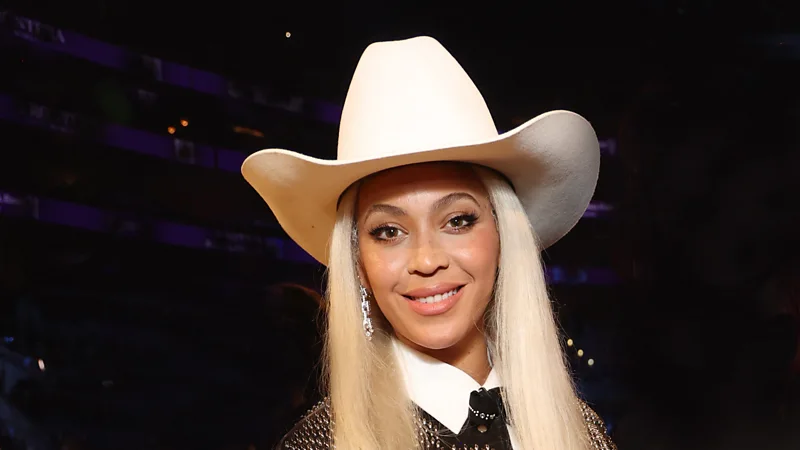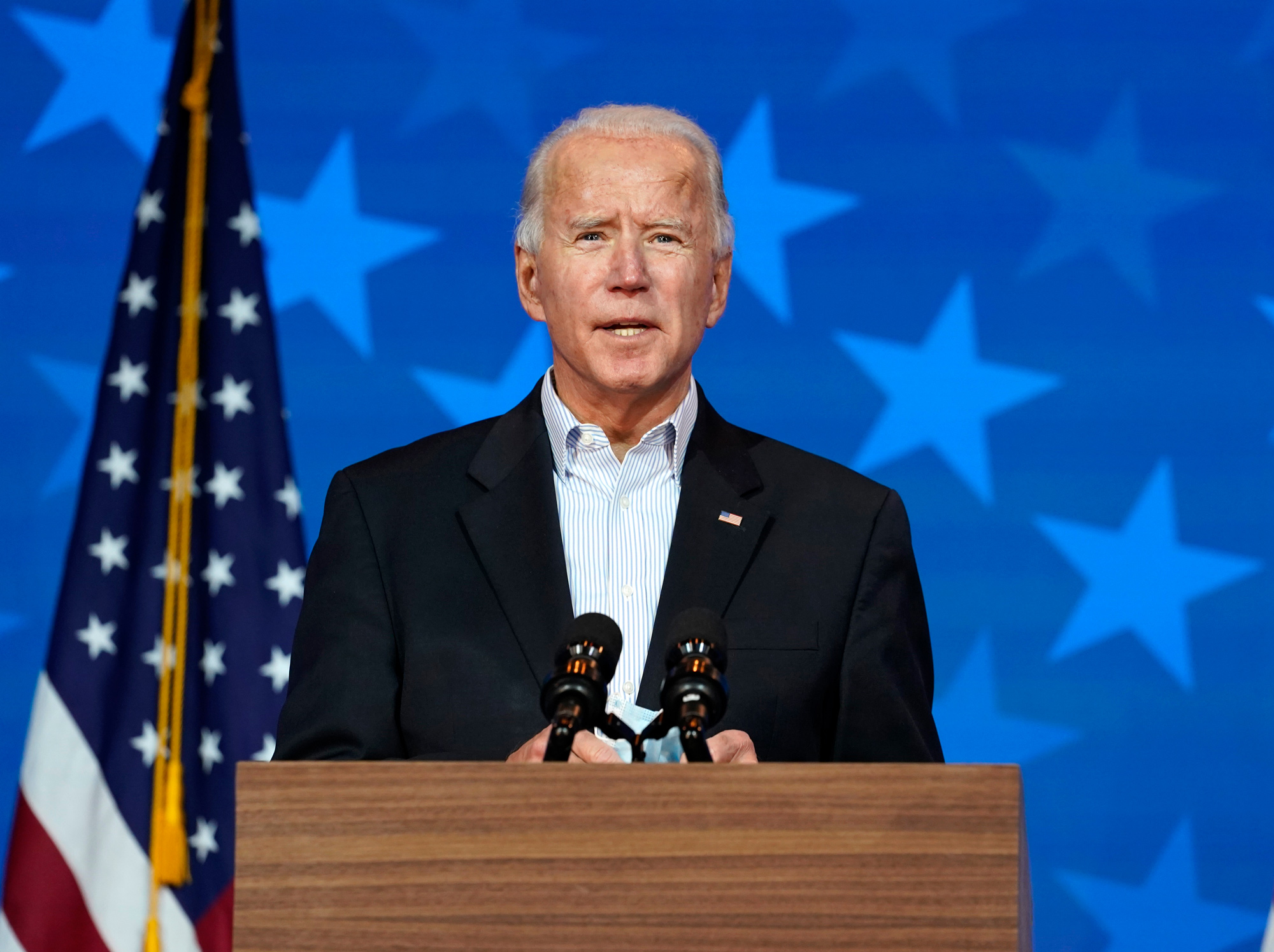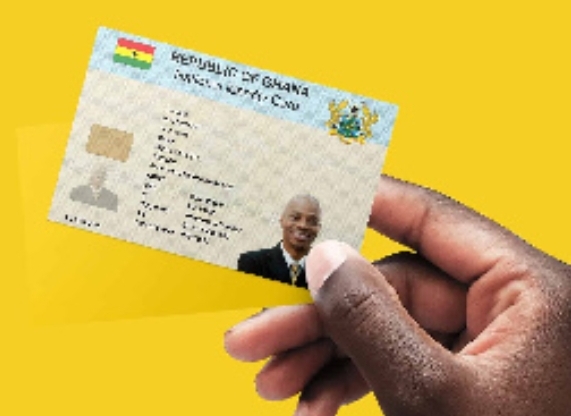Cowboy Carter: Why Beyoncé’s cover of The Beatles’ Blackbird is the key to the new album

Beyoncé’s cover of The Beatles’ classic track Blackbird on Cowboy Carter reveals the lesser-known story that inspired Paul McCartney – and holds the key to her album.
When Beyoncé first announced that she would be releasing a country-inspired album, talk quickly turned to whether she would take this chance to not only put her own spin on the genre herself – but on some of its most-loved songs. Hearing Queen Bee take on the Queen of Country Dolly Parton’s hit Jolene seemed like a delicious opportunity – with Parton herself dropping huge hints about the prospect. And when the 27-track Cowboy Carter album finally dropped, Beyoncé did indeed deliver – rewriting the lyrics to be less of a plea and more a stark warning (“Your peace depends on how you move, Jolene.”). Dolly herself is onboard to introduce the track, saying: “Hey miss Honey B, it’s Dolly P. You know that hussy with the good hair you sing about?” – a callback to Beyoncé’s 2016 song Sorry and its infamous “Becky with the good hair” line.
But besides the Dolly Parton classic, Cowboy Carter contains another, less expected, cover-version: The Beatles’ Blackbird, a song few would have predicted to appear on a country-themed album. With lyrics written by Paul McCartney and released in 1968 as a track on The Beatles – aka The White Album – the song is one of the band’s most-loved. On the surface, it’s also one of their simplest: a gentle, melancholic folk song about a Blackbird with broken wings “singing in the dead of the night”. But the song isn’t about a bird at all.
McCartney had the struggle of black women especially in mind when writing the song
McCartney wrote the song while watching the civil rights movement unfold in the US. In his 2021 book Paul McCartney: The Lyrics, he wrote: “At the time in 1968 when I was writing Blackbird, I was very conscious of the terrible racial tensions in the US… That imagery of the broken wings and the sunken eyes and the general longing for freedom is definitely of its moment.”
More specifically, he was inspired by the story of the Little Rock Nine, a group of teenagers who – following the 1954 Brown v Board of Education Supreme Court case that ruled segregated schools were unconstitutional – were the first African American students to enrol at Little Rock’s Central High School. Despite the change in federal law, the Arkansas governor told the students they couldn’t attend and brought in the National Guard to prevent them entering. After three weeks of tension, US President Eisenhower eventually sent federal troops to escort the students safely into the school, and on 27 September 1957, they walked through angry mobs and up the school steps for their first classes. Out of the many stories of defiance from that period, this one in particular stuck with McCartney. In 2016 he met two of the students, Thelma Mothershed Wair and Elizabeth Eckford, backstage at his Arkansas concert, writing on Twitter (now X) afterwards: “Incredible to meet two of the Little Rock Nine – pioneers of the civil rights movement and inspiration for Blackbird.”
McCartney had the struggle of black women especially in mind when writing the song. In his 1997 book, Many Years From Now, McCartney said of Blackbird: “This was really a song from me to a black woman, experiencing these problems in the States: ‘Let me encourage you to keep trying, to keep your faith, there is hope.'”
It feels appropriate, then, that Beyoncé has not only covered the song, but used it as an opportunity to showcase the talents of four other black women. On Blackbiird – the name slightly tweaked to reference that Cowboy Carter is the act ii of a three-part musical project – Beyoncé collaborates with four black female country singers: Tanner Adell, Brittney Spencer, Tiera Kennedy and Reyna Roberts. Adell, who released her debut album Bunny Buckle last year, has built a huge following on TikTok, a way of bypassing the traditional gatekeepers of country music and forging her own path. After Beyoncé announced her new country direction at this year’s Super Bowl, Adell tweeted: “As one of the only black girls in the country music scene, I hope Bey decides to sprinkle me with a dash of her magic for a collab.” (It’s not clear yet if Adell was a last minute addition on the album, or if she already knew something we didn’t).
Standing on the shoulders of giants
Beyoncé is not the first black artist to cover Blackbird: musicians including Bettye LaVette, The Paragons, Anderson. Paak, Ramsey Lewis and more have put their take on McCartney’s song. But as with everything Beyoncé does, the choice is intentional and when she, helped along by four new exciting voices in country music, sings: “You were only waiting for this moment to arise,” it feels like a significant moment.
Cowboy Carter is both an act of defiance and a valuable lesson in cultural history
Research by digital publication The Pudding found that, out of 182,848 songs played across 29 country music stations over 19 days in 2023, just 14 were by black women. Even the force of Beyoncé’s star power wasn’t enough to get her access to the club; when she performed her song Daddy Lessons with The Chicks at the Country Music Association Awards in 2016 she faced a backlash from some who thought she didn’t belong there. In a statement apparently referencing this, posted on Instagram before Cowboy Carter’s release, she says the album was: “born out of an experience that I had years ago where I did not feel welcomed… and it was very clear that I wasn’t. Because of that experience, I did a deeper dive into the history of Country music and studied our rich musical archive.”
Beyoncé has taken the up the challenge to show that she has just as much right to take on country music as anyone else – and she’s also used it as an opportunity to showcase the talents of others. Amid the headlining grabbing appearances from Miley Cyrus, Dolly Parton, Post Malone and Willie Nelson, the album features lesser-known artists old and new, including banjo player Rhiannon Giddens and Nigerian-American singer Shaboozey.
The Linda Martell Show pays tribute to one of the most significant yet underappreciated female country singers of all time. Martell – who also appears on the track Spaghetti – was the first solo black female country singer to achieve significant commercial success – despite only releasing one album, Color Me Country. The record gave her several big country hits, and she was the first female black country singer to appear at the prestigious Nashville venue Grand Ole Opry, but she frequently came up against racism from both the industry and public and her career was cut short. With an appearance on Cowboy Carter, more people might now realise the contribution she made.
Beyoncé recently said that she she was “honoured” to become the first black woman to top Billboard’s Hot Country Songs chart, but she also knows she is standing on the shoulders of many other musicians who have grappled with a genre that continues to be hostile to them. On this album she makes sure we’re aware of who many of those are – from the trailblazers of the past, to the voices of the future.
But while Cowboy Carter is both an act of defiance and a valuable lesson in cultural history, Beyoncé herself has said that, one day, she hopes the music can stand on its own – whatever genre. “My hope is that years from now, the mention of an artist’s race, as it relates to releasing genres of music, will be irrelevant.”
Cowboy Carter by Beyoncé is out now.





